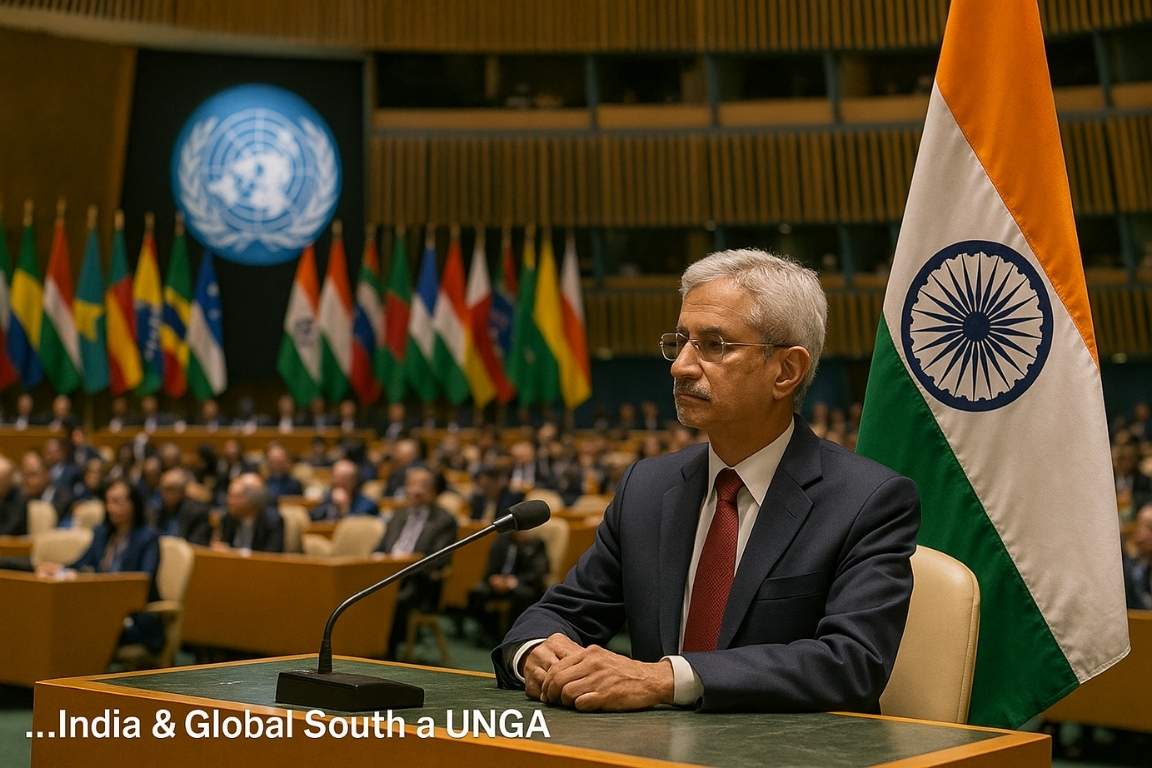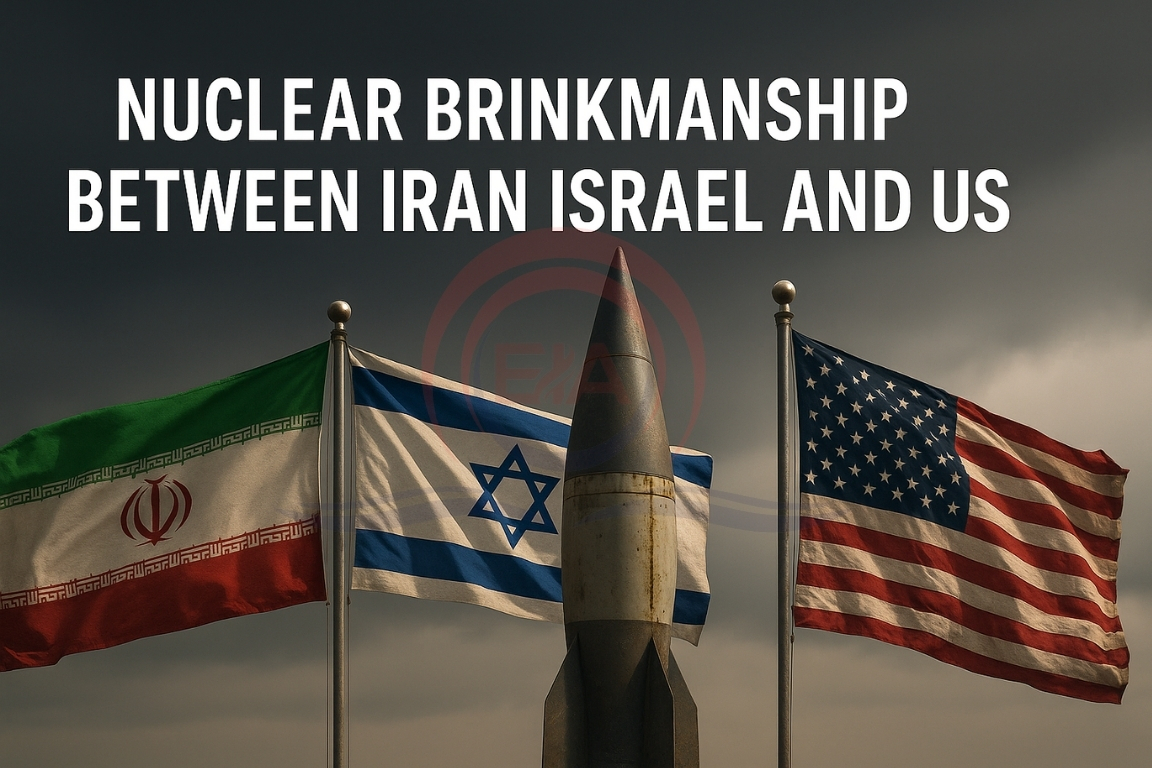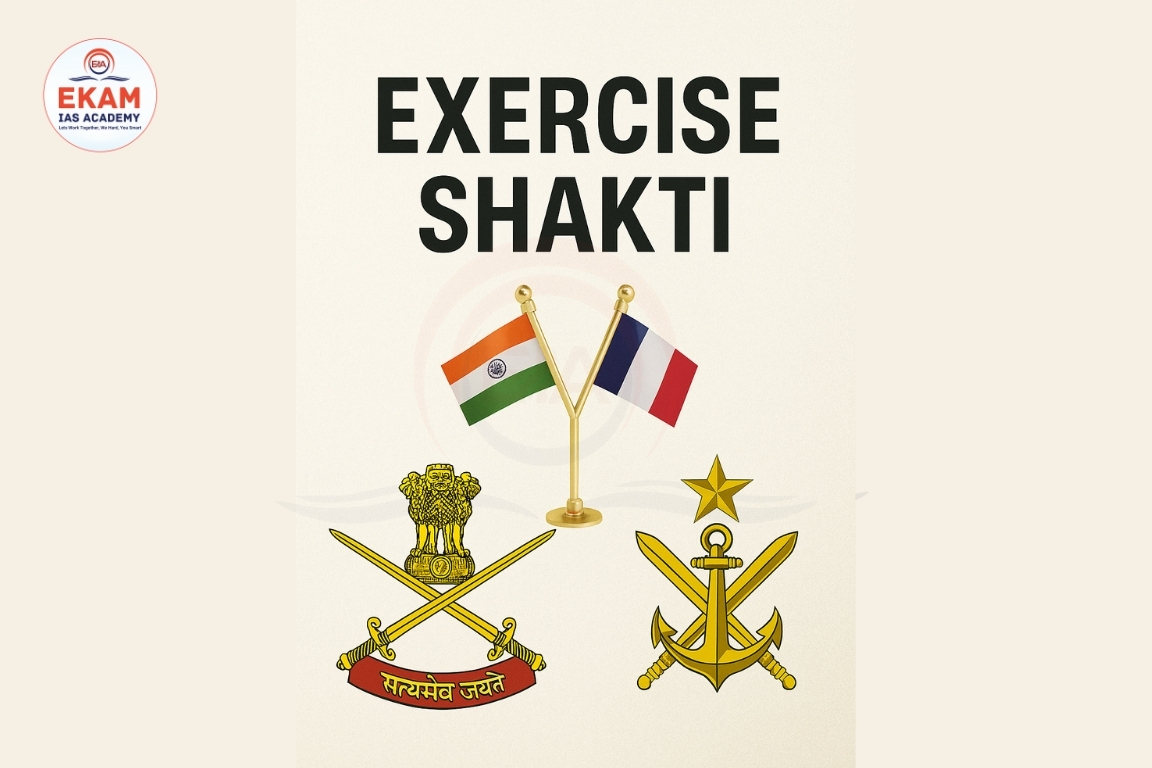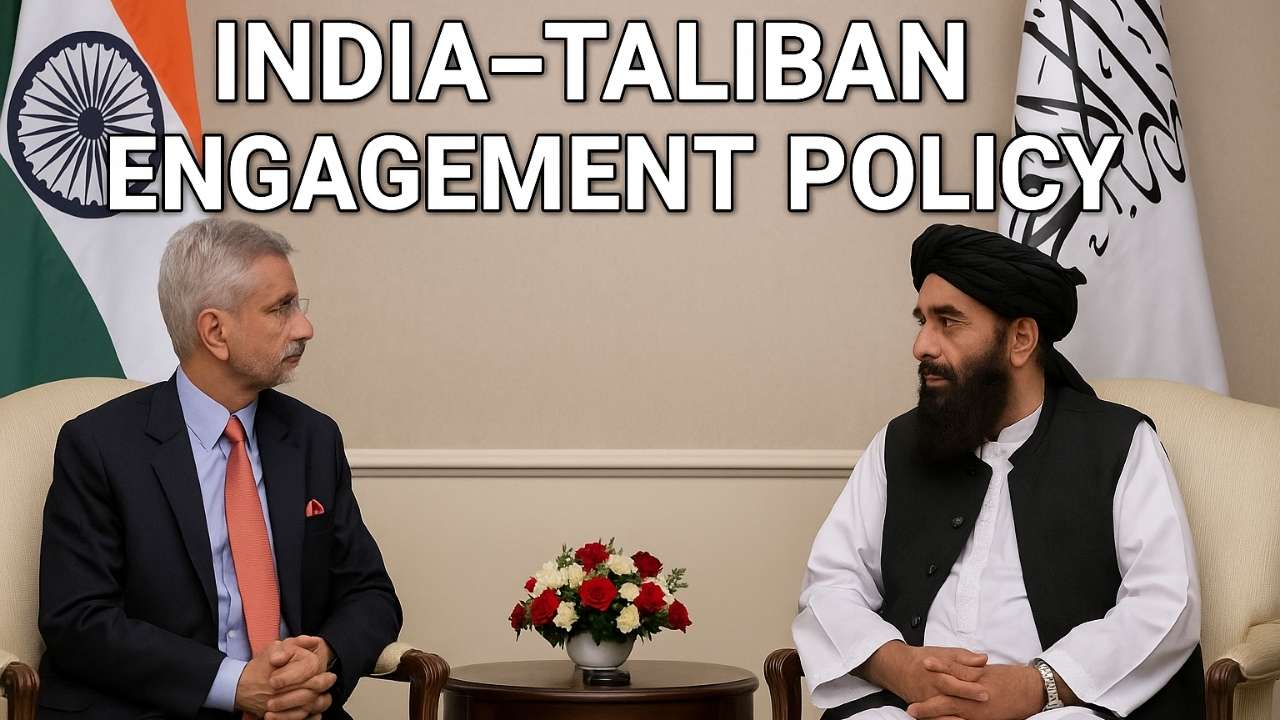During the 80th UN General Assembly (UNGA) High-Level Week, External Affairs Minister S. Jaishankar emphasized India’s stronger engagement with the Global South.
India’s Engagement at UNGA 2025
- EAM Jaishankar held ~30 bilateral meetings, more than half with developing nations.
- India participated in multiple Global South groupings: BRICS, IBSA, India–CELAC, India–SICA, FIPIC, L-69, C-10, and the Like-Minded Global South group.
- These meetings discussed trade barriers, energy security, conflicts, and UN reforms.
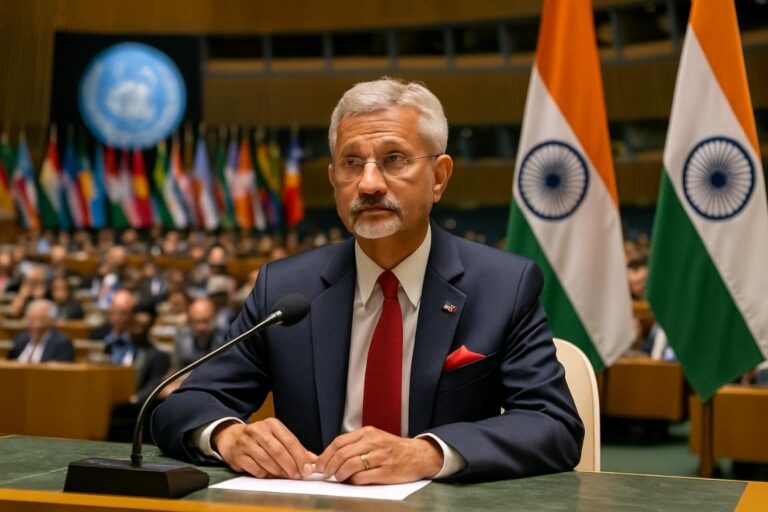
Position on Gaza
- India backed statements by BRICS and IBSA condemning Israel’s continued attacks on Gaza.
- Shift from earlier neutral stance to stronger humanitarian alignment with Global South.
Trade and Tariff Issues
- U.S. imposed 50–100% tariffs on Indian goods and pharma products, causing strain in bilateral trade talks.
- India criticized non-market trade practices and tariff volatility affecting developing economies.
Focus on Global South
- India reiterated its role as a “leading voice of the Global South”, raising issues like:
- Energy and food security
- Climate finance
- Fair market access
- Reforms in global institutions
Call for UN Reforms
- India’s priority paper highlighted the stalled UN Security Council reform, urging faster progress for equitable representation.
UN GENERAL ASSEMBLY (UNGA)
Overview
- Founded: 1945 (under the UN Charter)
- Members: 193 countries (including India – a founding member)
- Meetings: Annual session in September (New York)
- Decision-making: Each member has one vote; resolutions are non-binding but carry political weight.
Functions
- Discusses global peace, security, development, human rights
- Approves UN budget, elects non-permanent UNSC members
- Provides a platform for multilateral diplomacy and consensus building
India’s Role
- Active since 1945; advocates for:
- Reformed multilateralism
- Voice of developing nations
- Peacekeeping contributions
- Climate action and SDGs
UNGA and Multilateralism
- Promotes collective decision-making and global cooperation.
- India uses UNGA to highlight issues of Global South, equity, and reform.
- Serves as a platform to balance North-South divide.
Conclusion
India’s approach at UNGA 2025 shows a strategic realignment with developing nations, reaffirming its leadership role in the Global South and push for a fairer global order through reformed multilateralism.


